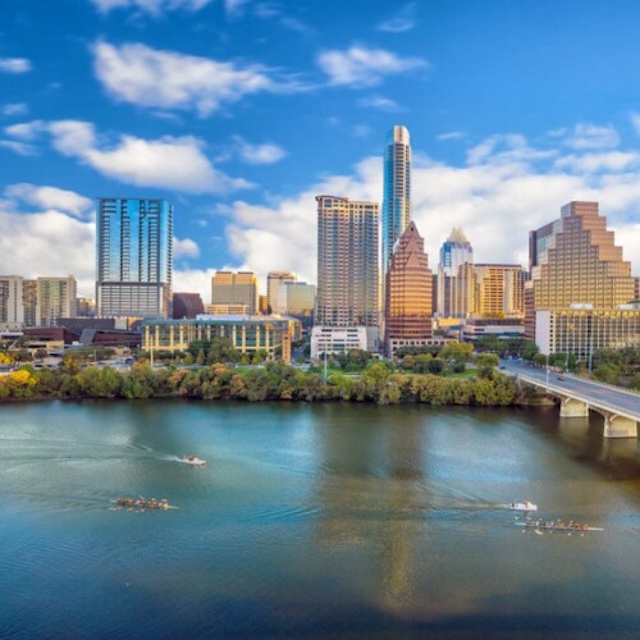These Cities Lead 2025 STEM Job Growth as They Compete for Tech Talent

STEM jobs continue to be among the highest-paying and most impactful roles, attracting a highly educated and diverse workforce, according to RCLCO’s 2025 STEM Job Growth Index (STEMdex), which ranks U.S. metro areas based on potential for future growth in science, technology, engineering, and mathematics industries.
From 2019 to 2024, employment in STEM roles grew 1.9%, outpacing 0.9% growth in non-STEM jobs. STEM salaries averaged $112,800 annually, nearly double the $64,430 average for non-STEM roles. The concentration of these jobs has broad implications for infrastructure, housing markets, and supply chain design, the report noted.
The ranking draws on 24 metrics evaluating workforce quality, quality of life, business climate, and STEM trends to determine where growth is likely. Currently, STEM employment is most concentrated in San Jose, Washington, D.C., San Francisco, Austin, and Seattle, with Boston, Raleigh, and Denver also performing strongly. Migration patterns continue to be influenced by quality of life, as hybrid and remote work allow workers to move to more affordable cities with comparable amenities.
Austin tops the index for the seventh time in the past 9 years. More than 11% of jobs in Austin are in STEM fields, nearly double the national average. STEM roles in Austin grew 3.2% annually, and the metro scores highly in economic factors, workforce quality, and quality of life.
Seattle retained its second-place ranking. Home to tech giants like Amazon and Microsoft, Seattle boasts a thriving startup ecosystem, abundant venture capital, and top-tier talent. High quality of life and strong economic indicators make it a leading center for innovation.
Raleigh, North Carolina, moved up two spots to third, buoyed by affordability, cultural amenities, income equality, and proximity to major research universities. Its tech economy is driven by biotechnology, software development, and data analytics.
Denver fell one spot to fourth but remains strong in economic trends and workforce quality. Its tech sector spans aerospace, cybersecurity, and renewable energy, complemented by an active lifestyle and access to university talent.
Boston climbed from ninth to fifth, reflecting strong workforce and economic scores. Anchored by MIT and Harvard, the city excels in biotechnology, robotics, and artificial intelligence, supported by venture capital and industry-academia collaboration, though high housing and operating costs remain challenges.
Rounding out the top ten are San Jose, Washington, D.C., San Francisco, Dallas, and Charlotte. San Francisco slipped due to rising costs, while Dallas and Charlotte entered the top ten thanks to strong economic factors, a growing STEM workforce, affordability, and improvements in quality of life.
Source: GlobeSt/ALM